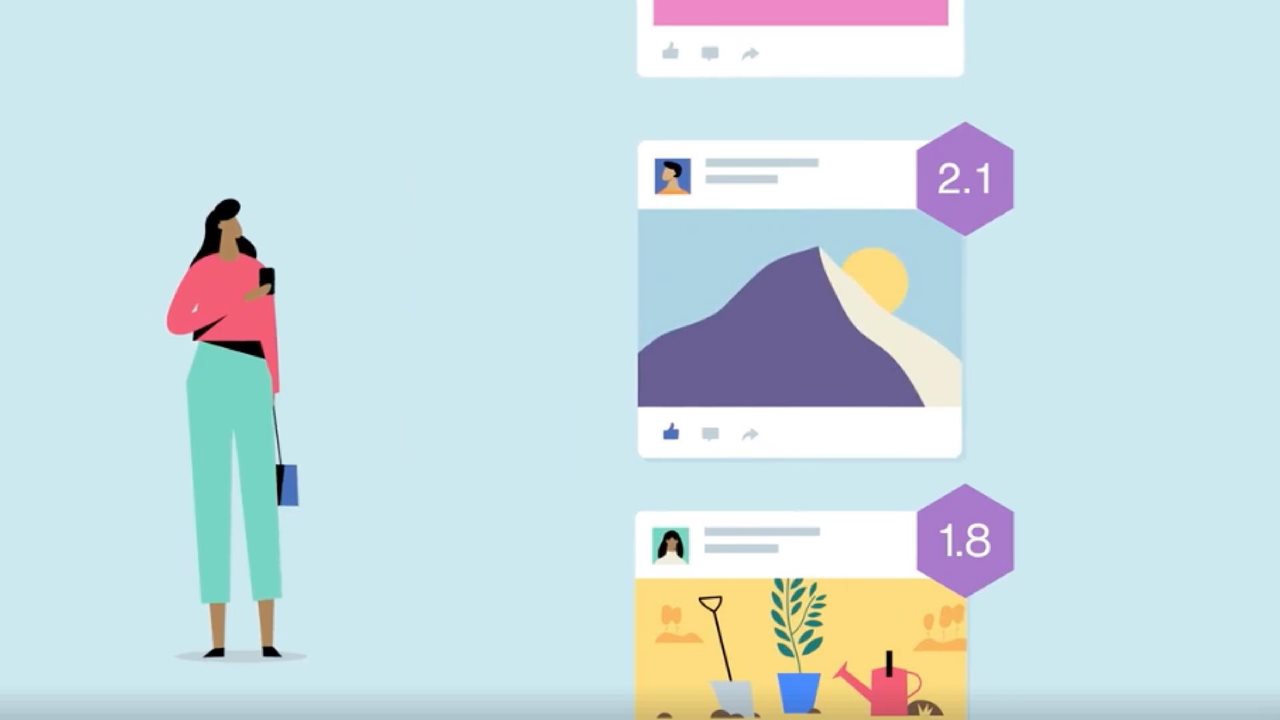How To Respond To Facebook Newsfeed Changes

Not alarming that organic reach on Facebook is not what it once was. As marketers and brands, we know this. Facebook has been making changes to their algorithm almost daily with these changes impacting who sees our organic content. But as of January 11, 2018, we can expect more changes to come and brands need to be prepared and understand Facebook's new direction. Here is the announcement from Mark Zuckerberg himself:
Really doesn't take much digging to understand the moves to come. Facebook wants users to have 'more meaningful social interactions'. To provide this experience, it appears that they will be making more changes to show less content from publishers and brands and put more value on the content shared by our friends and family. Sounds like they are going back to their roots a bit and trying to remedy more recent issues associated with fake news, clickbait and political rants that have caused many members to take a Facebook hiatus or leave altogether.
Wonder if there's any correlation with this shift and the announcement made not long after that The Huffington Post was eliminating their contributor network? What is really surprising here is the mention of this 'new focus' making its way through 'all Facebook products'. Because of the limited reach of organic content, many brands have invested in more paid content. How will this new focus impact paid advertising on Facebook? With less real estate in the news feed, will costs associated with ads increase? With these changes, will more brands increase their ad spends to again combat the loss in organic reach which would ultimately drive up the cost of ads (simple supply and demand concept)? This is yet unclear, but brands should be prepared.
So, what can brands do to prepare and respond to the changes to come? Here are some basic suggestions that should not come as a huge surprise:
- Produce & Share Valuable Content Pretty simple. If your content is valuable, resourceful, entertaining - it will be shared and will elicit engagement. If it's not - maybe you shouldn't produce it at all. Straight from the mouth of Facebook's Head of News Feed Adam Mosseri, "Facebook will prioritize posts that spark conversations and meaningful interactions between people. We're going to be (weighing) long comments more than short comments - with comments being more valuable than likes."
- Avoid Engagement Baiting It's a bad practice no matter what, but now Facebook will demote posts that ask people to comment, share, tag people.
- Invest In Live Video Again, Adam Mosseri said, "Video is, primarily, a passive experience. You tend to just sit back and watch it. And while you're watching it, you're not usually liking, or commenting, or speaking with friends." Live video - on average - gets six times as many interactions as regular video with more comments, questions, etc. Live videos often lead to greater discussion among viewers and give brands a more personal way to interact and learn from customers and fans.
- Pay To Play In Meaningful, Strategic Ways Experiment with more Facebook ad products based on your goals. Test out messenger and chatbot ad campaigns.
Here is a video from Facebook for more of an explanation around changes.
